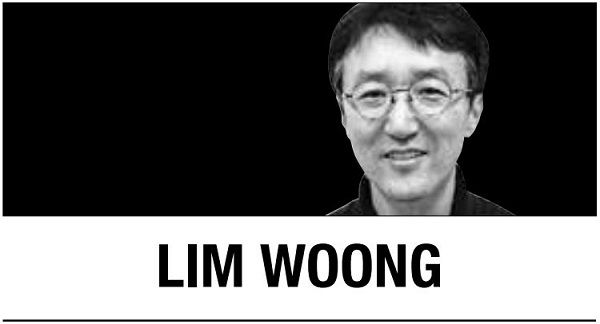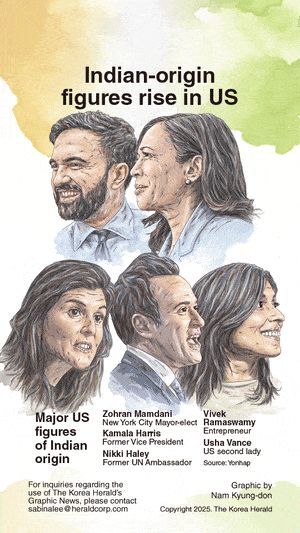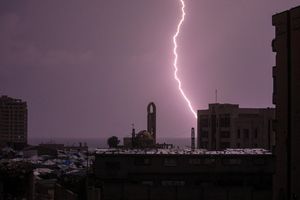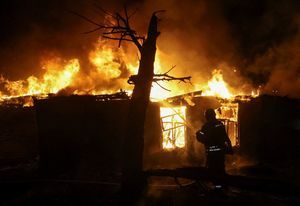 It is not difficult to see that online platforms have become the primary spaces where our youth gather, talk, argue, chase trends and figure out how to live with others. For students, social media functions almost like a parallel reality they cannot ignore. We often say that libraries shape their habits of mind, yet it is social media where their sense of right and wrong is tested, where they learn, sometimes painfully, to read situations, protect themselves and form a sense of community and belonging. Digital literacy, in this sense, is not just an academic skill but a foundation for navigating modern society.
It is not difficult to see that online platforms have become the primary spaces where our youth gather, talk, argue, chase trends and figure out how to live with others. For students, social media functions almost like a parallel reality they cannot ignore. We often say that libraries shape their habits of mind, yet it is social media where their sense of right and wrong is tested, where they learn, sometimes painfully, to read situations, protect themselves and form a sense of community and belonging. Digital literacy, in this sense, is not just an academic skill but a foundation for navigating modern society.
Yet the same online spaces that encourage connection can quickly turn hostile. Research on dark personality traits shows that narcissism, Machiavellianism, psychopathy and sadism — often referred to as the dark tetrad — thrive in environments marked by anonymity, low accountability and the instant gratification of provoking a reaction. Social media provides ideal conditions for malice and troubled minds. Trolling, harassment, vanity, scams, fake news and deepfake content are predictable outcomes when empathy thins and attention becomes currency.
Teachers feel these effects acutely. Studies in educational settings describe a small but significant group of children — sometimes as early as kindergarten — who pressure peers, exploit classmates’ goodwill, refuse responsibility, or display striking emotional bluntness. For teachers, these behaviors stop being clinical cases in a textbook the moment they enter the classroom; they become emotional burdens they can’t help but face every day. Many enter the profession driven by a passion for learning and mentorship, only to find themselves face-to-face with students (and often parents as well) whose behavior resists trust and the very guidance meant to help them. The result is teacher burnout: an erosion of moral confidence and professional identity defined by the painful gap between who teachers hope their students can become and who they sometimes reveal themselves to be.
My own sense of disillusionment deepened recently while watching an SBS documentary titled “Savage Hours” about the serial killer Lee Chun-jae. The program aired his voice and memories with an oddly poetic tone, as if inviting viewers to empathize with him. It reflected a troublingly romantic view of evil, the belief that darkness is misunderstood trauma or that we owe even the most sadistic individuals sympathy and forgiveness. But darkness is not always a wound; sometimes it is simply darkness. To sentimentalize cruelty is to misread it and, more importantly, to betray the victims whose lives were irreparably harmed.
Moments like these make cynicism feel like the only rational stance. Yet something unexpectedly hopeful often rises in its place. Recently, my graduate students led a seminar discussion on the “Light Triad,” a psychological framework emphasizing humanism, compassion and moral clarity. Unlike the dark triad, associated with exploitation, emotional coldness and ruthless greed, the light triad highlights the quieter but equally real dimensions of kindness and empathy that hold together authentic human relationships.
At the end of their presentation, my students shared something more personal: a YouTube music video titled “The Princess Code” — you must watch it for yourself. At first glance, the video appears playful. Yet its lyrics offer a surprisingly resilient worldview. They encourage greeting each day with a smile, finding small joys in the mirror, staying composed amid chaos, accepting hardship as part of one’s story, and above all, not giving up. What may initially sound like self-centered positivity emerges as a declaration of self-respect and emotional maturity. It reflects the belief that even in an unkind world, one can still choose dignity.
For many teachers, this mindset becomes Teflon against so-called student “villains.” Those who endure difficult students do not rely on duty alone. They draw strength from a quiet, persistent confidence that their work matters, that kindness is not naive and that spiteful behavior, online or in person, does not define the limits of what humanity can be. For them, the light triad is not theory but lived experience.
This offers an important reminder: Digital platforms expose us to some of the worst sides of human behavior, and the same dynamics too easily seep into classrooms, where that darkness plays out with little restraint. We cannot eliminate the internet’s darker corners, nor can we fully reform those who take pleasure in cruelty. Yet we can cultivate what is good in the overwhelming majority of us: humility, compassion and the courage to remain kind and to refuse malice when it would be easier to look away.
As long as we tend to the light within ourselves and recognize that same light in others (as found in my students, who must find their way through a world far more complex and less forgiving than the one I inherited), darkness does not prevail. It becomes only a brief chapter in a much longer and more hopeful story of teachers in Korea.
Lim Woong
Lim Woong is a professor at the Graduate School of Education at Yonsei University in Seoul. The views expressed here are the writer’s own. — Ed.
- Finance chief says S. Korea’s economy at ‘turning point’ to reshape growth trajectory for decades
- Ruling party submits special bill on investment in US under tariff deal
- Trump adds Thanksgiving turkeys to his pardon list
- Biz sentiment reaches 1-yr high in Nov. on semiconductor boom: BOK survey
- S. Korea’s Nuri rocket enters final check stage ahead of early Thurs. launch










Most Commented